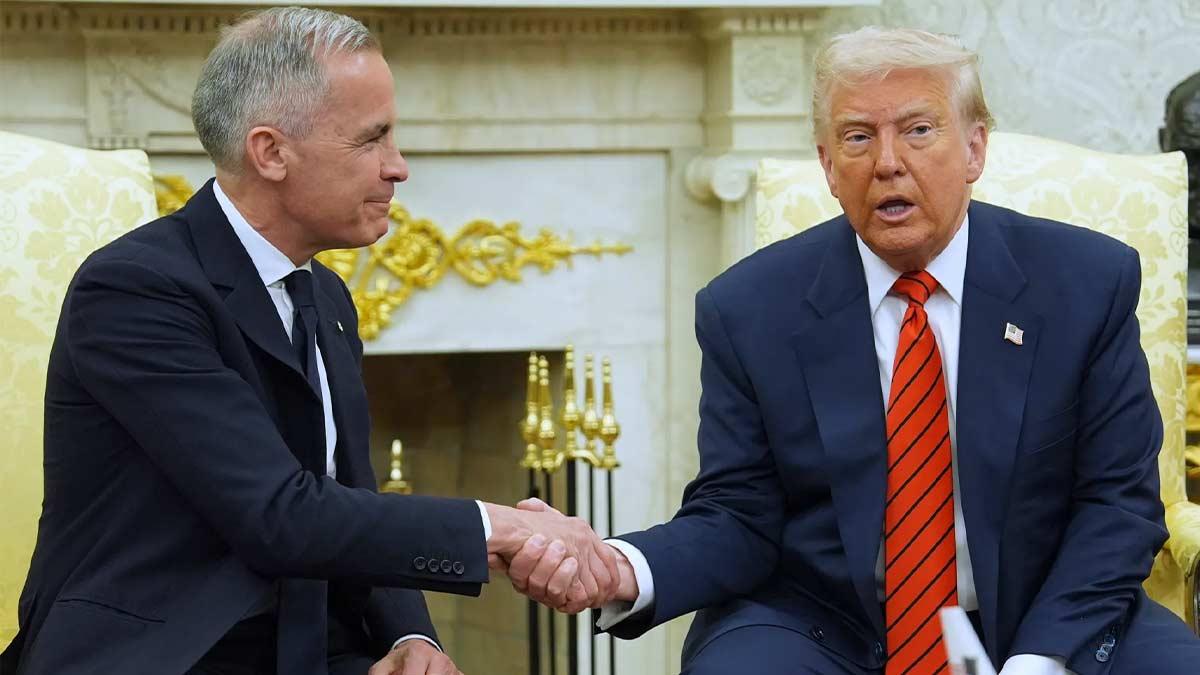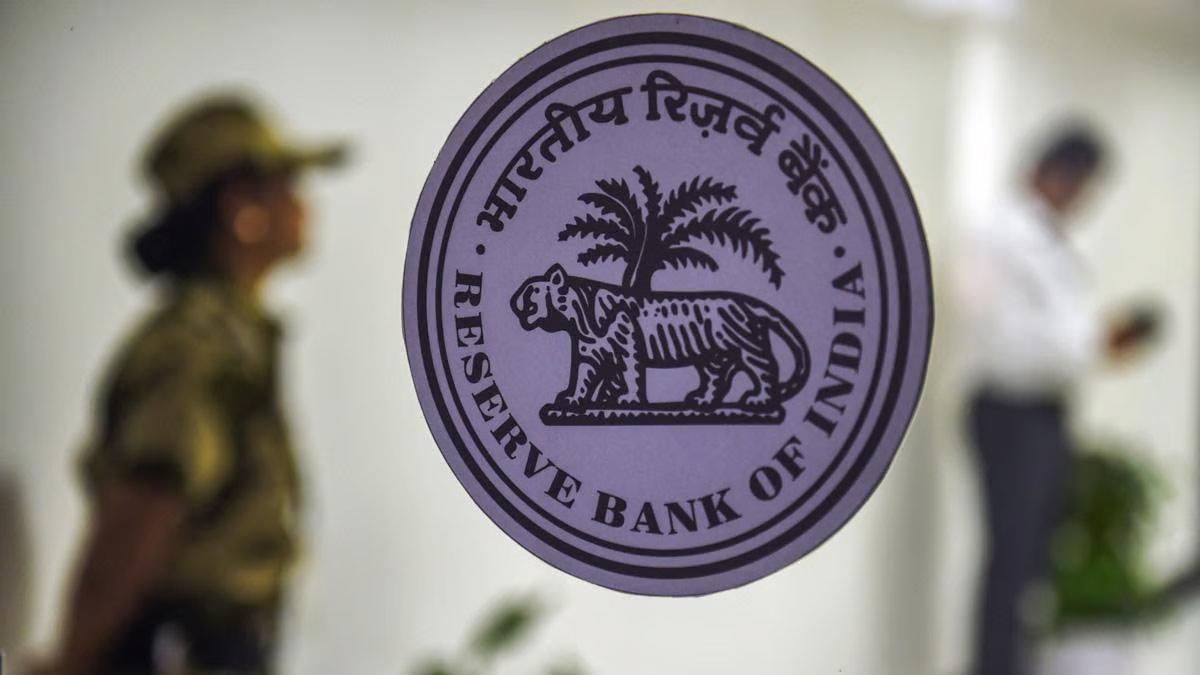The United Kingdom's November inflation soared to a 10-year high record as the Consumer Prices Index (CPI) rate rose to 5.1 per cent, the highest since September 2011, the Office for National Statistics (ONS) said. The transport, principally from motor fuels and second-hand cars, and housing and household services, have largely impacted the increase in the inflation rates, the ONS added. The Bank of England has made two emergency cuts of base rate from 0.75 per cent to 0.1 per cent to support businesses and households since the COVID-19 pandemic began.
Also Read | Bank employees to go on with Dec 16-17 strike as key demand unmet
UK November inflation rates | Key Points
1. The inflation rates increased from 4.2 per cent in October to 5.1 per cent in November, wherein, the October inflation rates were already far above the 2 per cent target for inflations set by the Bank of England, Britain's central bank.
2. In addition to this, the CPI including owner occupiers' housing costs (CPIH) 12-month inflation rate rose by 4.6 per cent in November, up from 3.8 per cent in the 12 months to October, the ONS said.
3. As the Omicron threat rises in the UK with the country recording its first death due to the new variant and the inflation rates continue increasing, Prime Minister Boris Johnson met his cabinet virtually, early on Tuesday, and said that "a huge spike of Omicron" is coming.


















